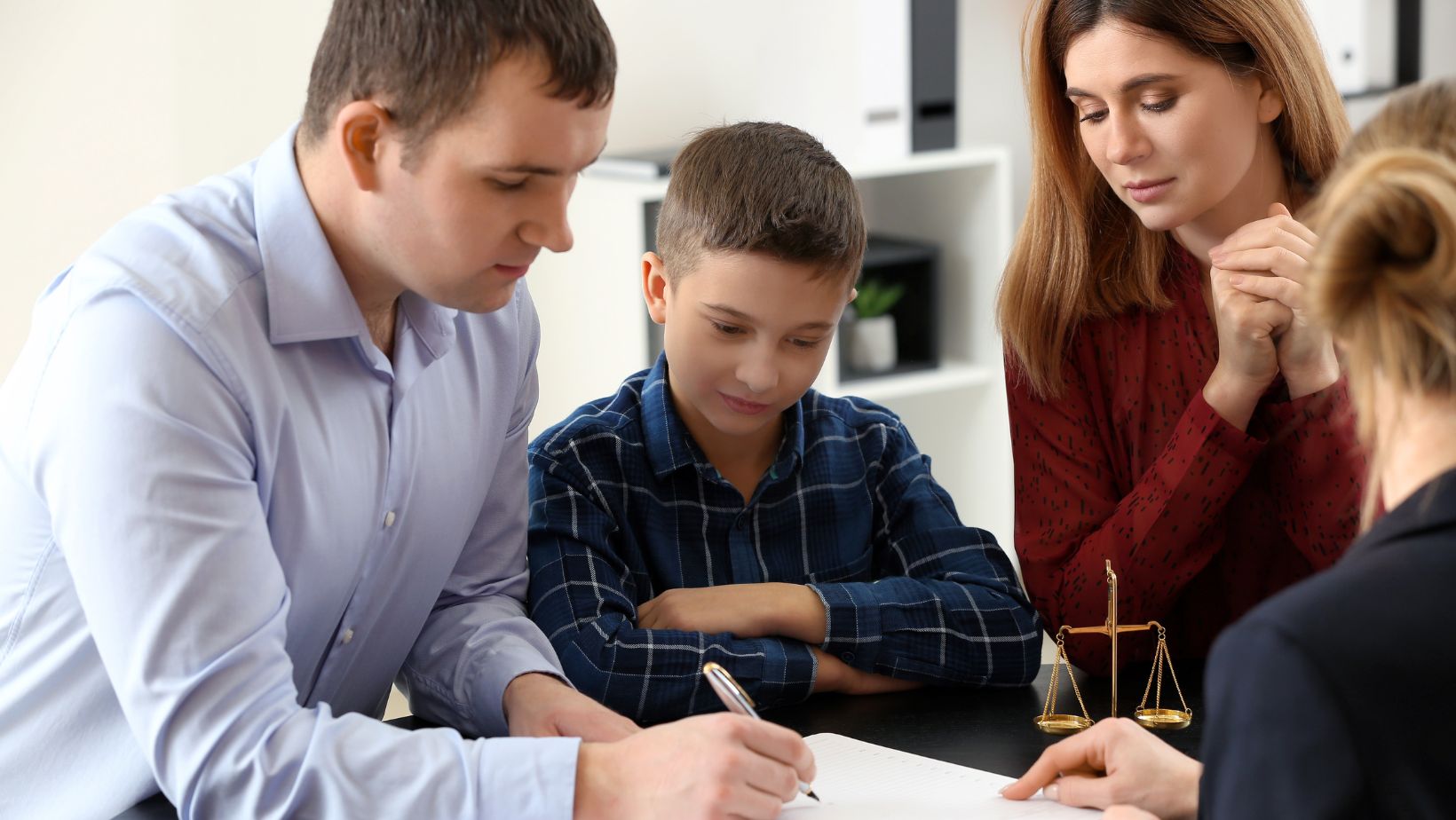When parents split up, they have to decide who the child will be with – who gets custody of the child. This is a touchy subject for most parents, and in many cases, courts are usually the ones to determine this. The court decides who gets custody of the child after carefully considering some vital factors.
This article considers child custody and how courts determine it. If you are going through a child custody battle, you should get an experienced divorce attorney to represent you in court. Divorce Attorney Samah T. Abukhodeir of The Florida Probate & Family Law Firm is someone you can reach out to for expert legal assistance.
Child Custody: Definition
Child custody refers to the control a parent usually gives by the court on their child and who they spend time with. Two types of child custody exist, and parents must decide who gets both.
Physical Custody
Physical custody refers to which parent’s home the child spends most of his or her time at. It also refers to the decision of which parent provides care for the child.
Legal Custody
Generally, this refers to when a parent has the legal authority to make crucial decisions

concerning their child. These include what school the child attends, their religion, and the medical treatment they receive.
Child Custody: The Determination Process
The divorcing couple can decide who gets custody of their child without the intervention of a judge. A judge usually comes in only when both parents disagree on child custody. Regardless of whether in or out of court, couples determine child custody through the following ways:
Parenting Plan
Parents can create a plan for their child’s custody, deciding who gets physical and legal custody and how the whole thing will work. They are in the best position to decide this, seeing as they better understand their family and its schedule. This includes their work schedules, childcare schedules, and other factors affecting where the child spends his time.
If the parents create the parenting plan and end the marriage, it will become part of the divorce settlement agreement and enforceable in court. Divorcing parents creating the parenting plan is not only good for the child; it is also quicker, less costly, and less contentious.
Mediation
Mediation happens when parents cannot create a parenting plan on their own. In this case, they will either go to a mediation or attend one if the court orders them to. The mediator will be someone without bias, a neutral professional who helps both parties to communicate better and reach a consensus. Mediators get paid hourly; they help parents draw up a parenting plan that works for everyone involved.
On the other hand, parents can get their family law attorney during mediation to decide their child’s custody. Mediation is essential for a trained professional to initiate a conversation between divorcing couples and help develop a solution that works for everybody.
Child Custody Evaluations
If parents can not decide on a parenting plan, child custody evaluations become inherent. In this case, several trained mental health professionals evaluate the divorcing couples and their children.

Then, based on their findings, they determine how custody will be shared.
The Child’s Finest Interests
The court will use the child’s best interests as a standard. That means the court does not favor either parent but what is best for the child or children between them. Courts look at the big picture and what will ensure the child’s stability and security.
Conclusion
Child custody is a battle for who is legally approved to get custody of the child when their parents split up and the marriage ends. Many different methods are used to determine who gets custody after a divorce, but the child’s best interests are ultimately the main factor to be considered. If you or someone you know is going through a difficult divorce and need help with fighting for custody, reach out to a skilled attorney to maximize your chances of success.
